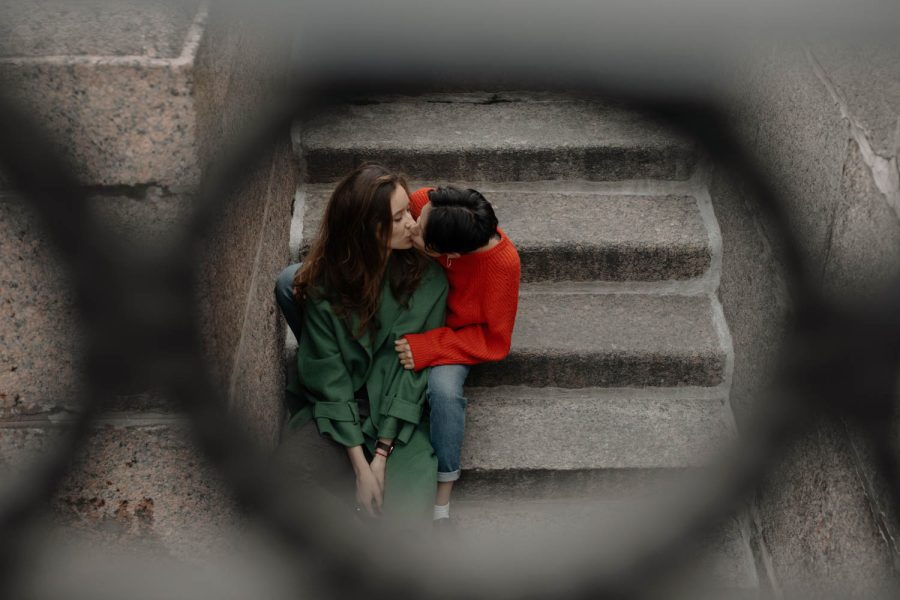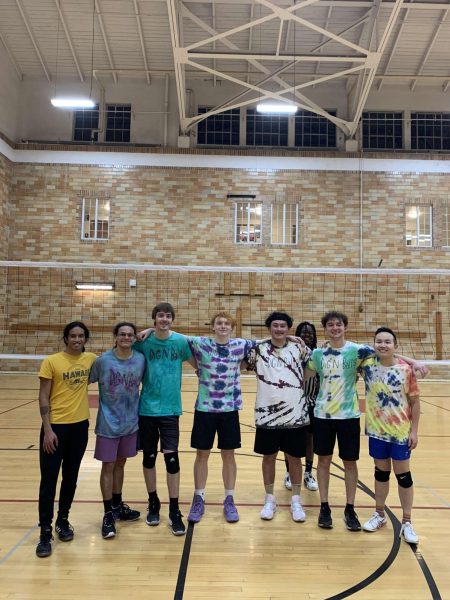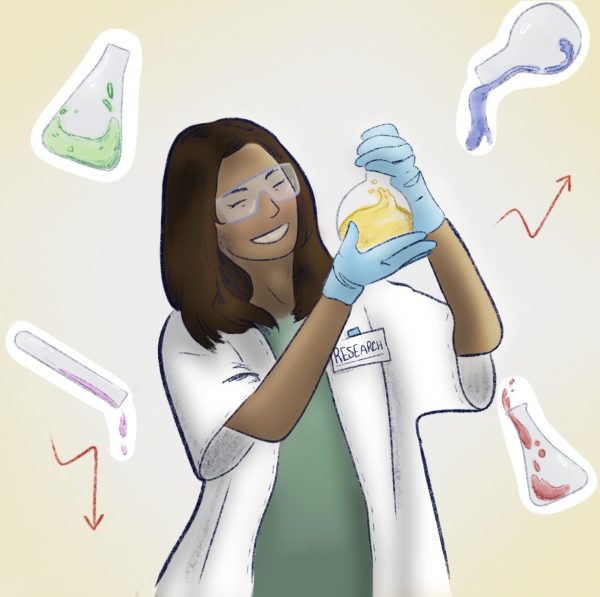Why do we kiss?
Kissing in science, history and spirit
Some insight into kissing, and why we do it.
February 8, 2023
Why do we kiss?
There are different perspectives behind our reasoning for kissing. The history of kissing is also very diverse, from being an instinct from breastfeeding to having to do with chimpanzees’ habits.
According to Healthline, the scientific reason for kissing has to do with chemicals released in our brains.
When we kiss, a hormone called oxytocin is released, which causes a person to become more attached and affectionate toward the person they’re kissing. Another chemical that is involved in kissing is dopamine. Dopamine makes us feel happy and euphoric when we kiss someone else.
According to a 2007 Evolutionary Psychology study, relationships between couples who kiss frequently are stronger and more satisfying.
The study found that sometimes kissing is only sex-driven. While most female college students kiss to decide if they want to have a relationship with their partners, male college students kiss to have sex with their partners, according to the study.
According to William Jankowiak, an anthropology professor at the University of Nevada, Las Vegas, humans kiss because of the feeling of warmth that reminds us of lip touching when breastfeeding. This feeling is an instinct known as premastication food transfer.
Jankowiak said that our ancestors might have chewed our food in our early years and given it to us, their children, mouth to mouth. He said he believes this because chimpanzees, humans’ closest relatives, do this to feed their babies.
Jankowiak also said he believes that kissing lip-to-lip is unique to humans because animals do not do it.
Sheril Kirshenbaum, a scientist and science writer, said that some cultures have an alternative way of kissing, which means that kissing is not universal in all cultures.
On Trobriand Islands, couples kiss by sitting face to face and kissing each other’s eyelashes.
There is also a kiss called Malay: women squat down on the ground while men hang over them, and the two sniff one another.
Some cultures kiss to show a way of respect, not love. In Ethiopian highlands, relatives kiss each other’s cheeks if they have not seen each other for a long time. Kissing can also be a sign of status in the highlands, where children kiss the feet of their elders.
The spiritual background behind kissing is unique to the scientific and cultural background.
The eyes and mouth are commonly known as the mirrors of the soul. Kissing demonstrates two hearts connecting, philosopher Edward F. Sylvia said.
Kissing is a way for couples to communicate their will of uniting each other’s inner souls, Sylvia said, and touch each other’s hearts and minds.
Sylvia said that humans are the only species that are known to express feelings with their lips.
Humans adapted their lips’ physiology to express their inner thoughts, Sylvia said. He also said he believes that the Bible expresses kissing as unity between minds, which no other species can perceive.
According to the Bible, “Mercy and truth are met together; righteousness and peace have kissed each other.”






















